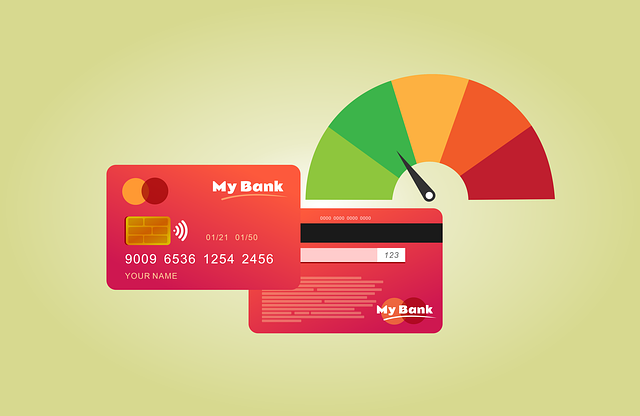Regularly review credit reports for errors that can impact real estate transactions. Scrutinize payment history, balances, public records, and inquiries. Correct inaccuracies using supporting documents to enhance financial standing and borrowing power when entering the real estate market.
“In the world of real estate, a flawless credit report is paramount. Understanding your credit report’s key components and spotting errors can significantly impact your transactions. This article guides you through the process of checking and correcting inaccuracies, focusing on common issues specific to real estate deals. By following the outlined steps, ensure your credit report’s precision, fostering better lending opportunities. Stay informed, as this knowledge is a game-changer for any prospective homeowner or investor.”
Understand Your Credit Report: Key Components to Review

Before checking for errors, understanding the key components of your credit report is essential. A credit report is a detailed record of your financial history, compiled by credit bureaus like Equifax and TransUnion. It includes information such as payment history on loans (including mortgages in the case of Real Estate), credit card balances, public records, and inquiries from lenders or creditors. These elements collectively determine your credit score, which plays a significant role in financial decisions like securing loans for purchasing property.
Regularly reviewing these aspects ensures that your credit report accurately reflects your financial standing. Look for items like incorrect account information, outdated data, accounts assigned to the wrong person, and any signs of identity theft. Errors can negatively impact your credit score and access to financing options, including mortgages, making it crucial to stay on top of these details.
Spotting Errors: Common Issues in Real Estate Transactions

When it comes to real estate transactions, a credit report is a crucial document that can make or break a deal. Spotting errors in your credit report is essential as these mistakes can significantly impact your financial standing and opportunities in the competitive real estate market. Common issues include incorrect account information, inaccurate balances, and accounts listed as delinquent or in collection when they are not. These errors may arise due to data entry mistakes, merge or mix-ups with similar names, or even fraudulent activities.
Real estate professionals and buyers should regularly review their credit reports for any discrepancies. By being vigilant and proactive in checking for errors, individuals can protect their financial reputation and ensure a smooth process during real estate transactions. This is particularly important as lenders often rely on these reports to assess loan eligibility and interest rates.
Correcting Inaccuracies: Steps to Ensure Precision

Correcting inaccuracies in your credit report is a crucial step before making significant financial decisions, especially if you’re in the market for real estate. The first step is to gather all relevant information and documents that support your claim of errors. This might include pay stubs, bank statements, or any other proof of payments you’ve made. Once you have these, dispute the inaccuracies with the credit bureau directly.
Next, carefully review each item in question. Check for misspellings of your name, wrong addresses, or accounts attributed to someone else. If an account appears open when it should be closed, provide documentation to close it. The process may take time, but ensuring your credit report is error-free can significantly impact your borrowing power and overall financial health.






